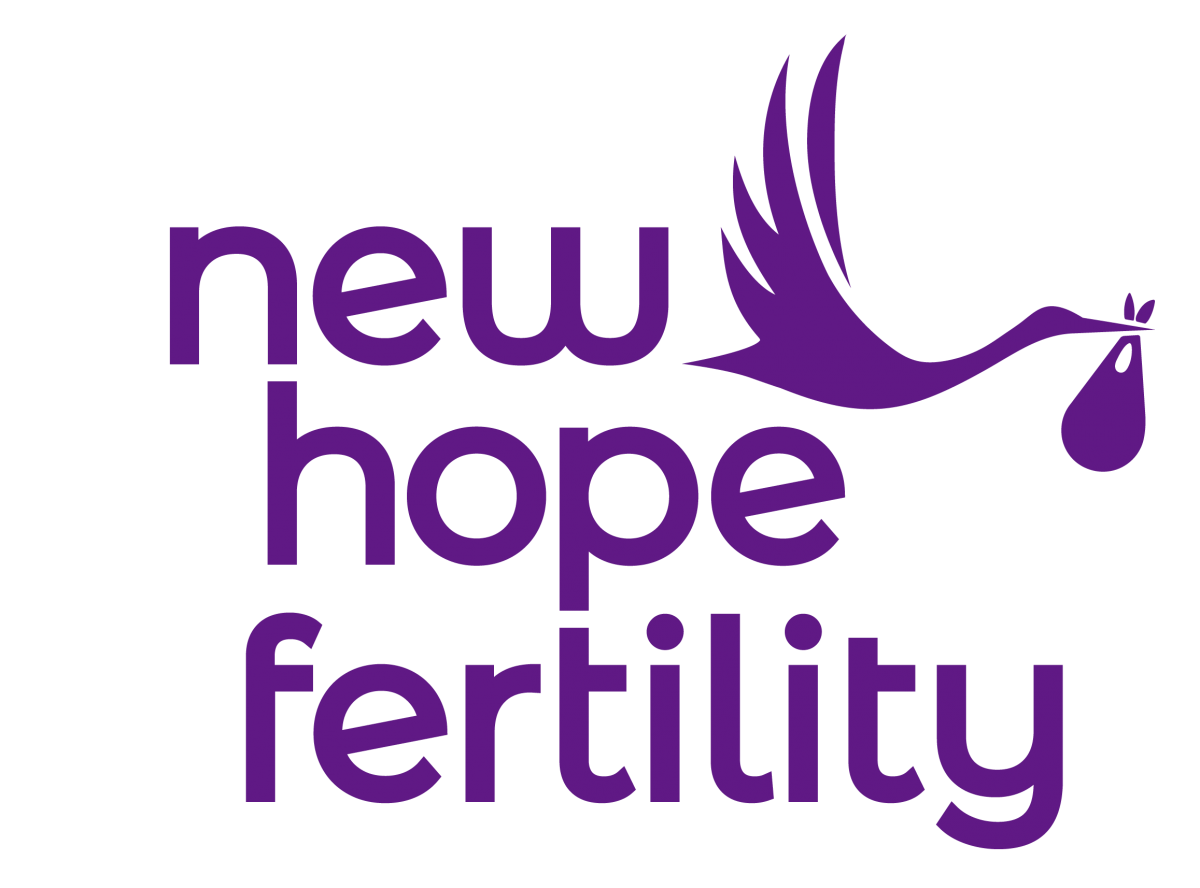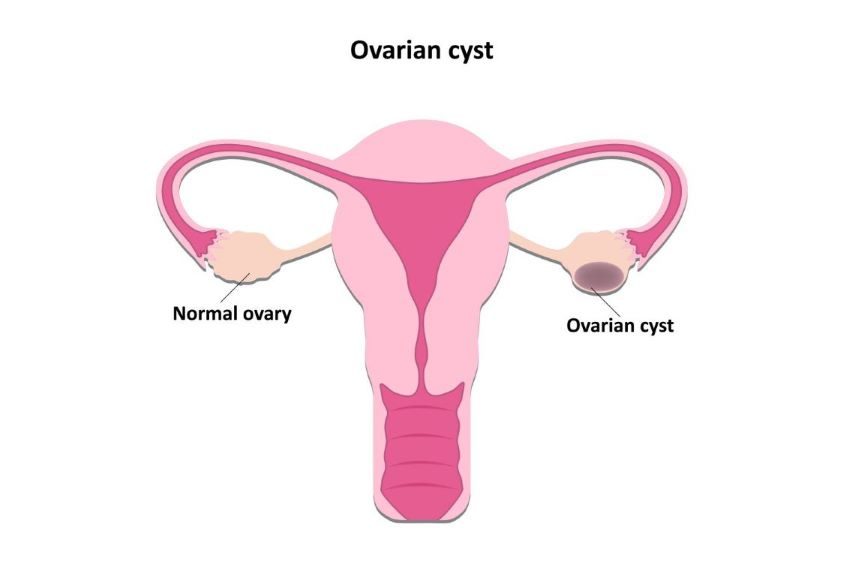The delicate interplay between ovarian cysts and fertility is a topic of importance for many women seeking to conceive.
Defined as fluid-filled sacs that develop within or on the ovaries in the pelvic region, ovarian cysts are a common occurrence. Fortunately, most of these cysts are inconspicuous, small, and pose no threat to fertility, as they often dissipate on their own without causing any complications. However, other cyst types, those larger or with specific characteristics, could, in fact, influence fertility outcomes.
Does an Ovarian Cyst Cause Infertility?
As we mentioned above, the relationship between cysts and fertility depends greatly on the size and type of ovarian cyst. The two main types of cysts that can potentially influence fertility are:
- Endometriomas – Also called “chocolate cysts,” these cysts develop outside of the uterus, including on the ovaries and fallopian tubes, leading to adhesions and scarring that may affect a woman’s fertility.
- Large or Complex Cysts – Large ovarian cysts containing solid components can interfere with ovulation, block the fallopian tubes, or lead to ovarian torsion (a twisting of the ovary) that can be concerning from a fertility standpoint.
Additionally, some cysts may disrupt ovulation and cause issues with hormonal balance. This is referred to as Polycystic Ovary Syndrome (PCOS), a hormonal disorder in which multiple small cysts develop on the ovaries, leading to irregular menstrual cycles and difficulties with ovulation.
Fertility Treatment Options for Women with Ovarian Cysts
Luckily, even if you have an ovarian cyst that could potentially lead to fertility issues, there are a number of treatment options available to protect or enhance the likelihood of becoming pregnant. The key is to consult with a healthcare professional as soon as possible – those that can diagnose the type of cyst you have and recommend personalized treatment plans such as:
- Ultrasound Monitoring – Since many cysts don’t affect fertility, they don’t require immediate treatment beyondultrasound examinations to ensure they don’t become a problem or require more aggressive treatment.
- Hormonal Medications – Oral contraceptives or gonadotropin-releasing hormone agonists (GnRH) can regulate the menstrual cycle and prevent the formation of new cysts. In addition, hormonal medication can induce ovulation in cases associated with PCOS.
- Laparoscopic Surgery – When large or complex ovarian cysts are present, surgical intervention may be required. Laparoscopic surgery, a minimally invasive procedure that involves making small incisions in the abdomen to insert a thin, flexible tube with a camera, is generally the preferred method of removal, leading to a shorter recovery time than open surgery.
How to Increase Chances of Getting Pregnant with Ovarian Cysts
It’s important to remember that having an ovarian cyst, even a problematic one, doesn’t guarantee pregnancy complications. If you’re wondering how to get pregnant with ovarian cysts, there are actually a number of practical tips and lifestyle changes, along with some medical intervention, that may boost your chances of getting pregnant.
These include:
- Regular medical check-ups
- Tracking ovulation
- Sexual timing
- Eating a balanced diet
- Regularly exercising
- Managing stress levels
- Limiting caffeine intake
- Acupuncture
- Certain herbal remedies
- Assisted Reproductive Technologies (ART)
- In Vitro Fertilization (IVF)
Seeking Support and Expert Fertility Advice
For women aiming to conceive, being aware of the potential impacts regarding ovarian cysts and fertility is critical. Seeking the expertise of a fertility specialist or reproductive endocrinologist, such as those at New Hope Fertility, can provide invaluable guidance and tailored treatment options.
The good news is that with proper medical care, many women with ovarian cysts can still achieve successful pregnancies. Don’t hesitate; take the first step towards your dream of parenthood and schedule a consultation today. Remember, knowledge and proactive medical support are key to overcoming any obstacles on the path to a healthy and happy pregnancy.

